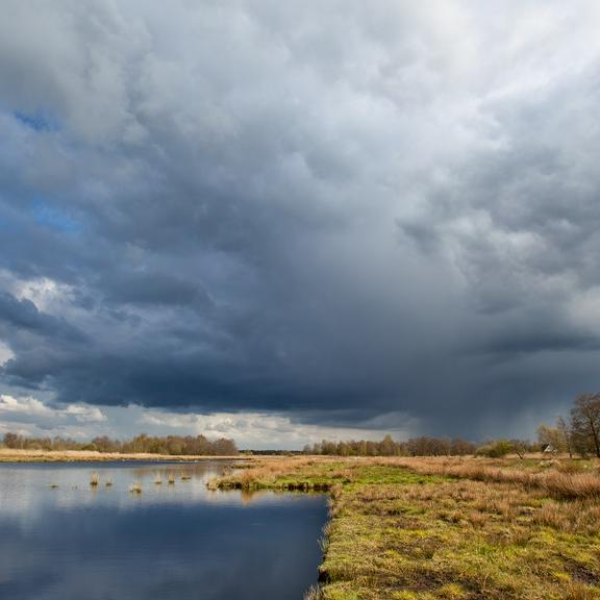Evaluation of Dutch legislation and practices for Natura 2000 sites

Evaluation of Dutch legislation and practices for Natura 2000 sites
Under assignment to the Ministry of Agriculture, Nature and Food Quality, Witteveen+Bos investigated the extent to which targets for Natura 2000 sites in the Netherlands align with the EU’s Birds and Habitats Directives. Our report showed that the Dutch interpretation of conservation objectives is largely in line with the requirements of these directives. On a number of points, however, the interpretation falls short of the obligations. On 13 October 2020, the minister presented the results of W+B’s study to the Tweede Kamer (House of Representatives).
The Natura 2000 network was set up to restore and conserve biodiversity in Europe. EU member states are required to take all necessary measures to achieve a ‘favourable conservation status’ for habitat types and species. The Natura 2000 targets set out the measures needed to achieve this status in the Netherlands. They were formulated at a national level and translated into area-level targets, with the balance between ‘providing direction’ and ‘affording freedom’ being an important principle.
Tackling the nitrogen issue
As part of the package of measures to tackle the nitrogen issue, the government is looking at where room to manoeuvre exists in current legislation and directives. The plan is to critically review and, where possible, tidy up designation orders (which determine which areas are Natura 2000 sites and which species and habitats are to be protected). Conservation objectives not in line with the Birds and Habitats Directives, including habitat types added post-designation, may end up being removed.
Conservation objectives
Our report shows that the Dutch interpretation of EU conservation objectives is largely in line with requirements. On a number of points, however, the interpretation falls short:
- the threshold used by the Netherlands to set targets for species covered by the Birds Directive does not comply with the European legal framework;
- the ‘in the interest of’ approach – which allows performance on certain targets to diminish in the interest of others – has not been reviewed by the courts. It is therefore impossible to say with certainty whether it is legally permissible.
Designation and amendment orders
The report concludes that designation and amendment orders (including draft amendment orders) contain sometimes more or fewer targets than those set out in the Habitats Directive. This is largely due to the correcting and updating of conservation objectives. With the exception of correcting errors, however, there is no capacity for tidying up targets in the designation orders.
For species covered by the Birds Directive, the designation and amendment orders contain not more but probably fewer targets than the amount in the Birds Directive. This concerns species that are present in an area at more than negligible levels but below the threshold and new species for which targets have not yet been set.
Annual update
Although, in most respects, Dutch practices to ensure up-to-date information comply with the requirements of the Habitats and Birds Directives, the Netherlands has not yet begun updating conservation objectives at area level. Although the SGF (‘standard data form’) is updated annually, newly settled species and habitat types are not included on it – even when they are present in an area. This means that the annual update does not include all known data. The fact that conservation objectives are not regularly updated at area level (even when the results of monitoring warrant it) is a shortcoming in the implementation of the Birds and Habitats Directives. Updated data could indicate that targets need to be added or may be removed.
The government’s response, in a letter to parliament dated 13 October 2020, confirms that our research is highly relevant to the discussion on Natura 2000 in the Netherlands. The results will be taken into account when updating the Natura 2000 target system, in which Witteveen+Bos is assisting the Ministry of Agriculture, Nature and Food Quality.